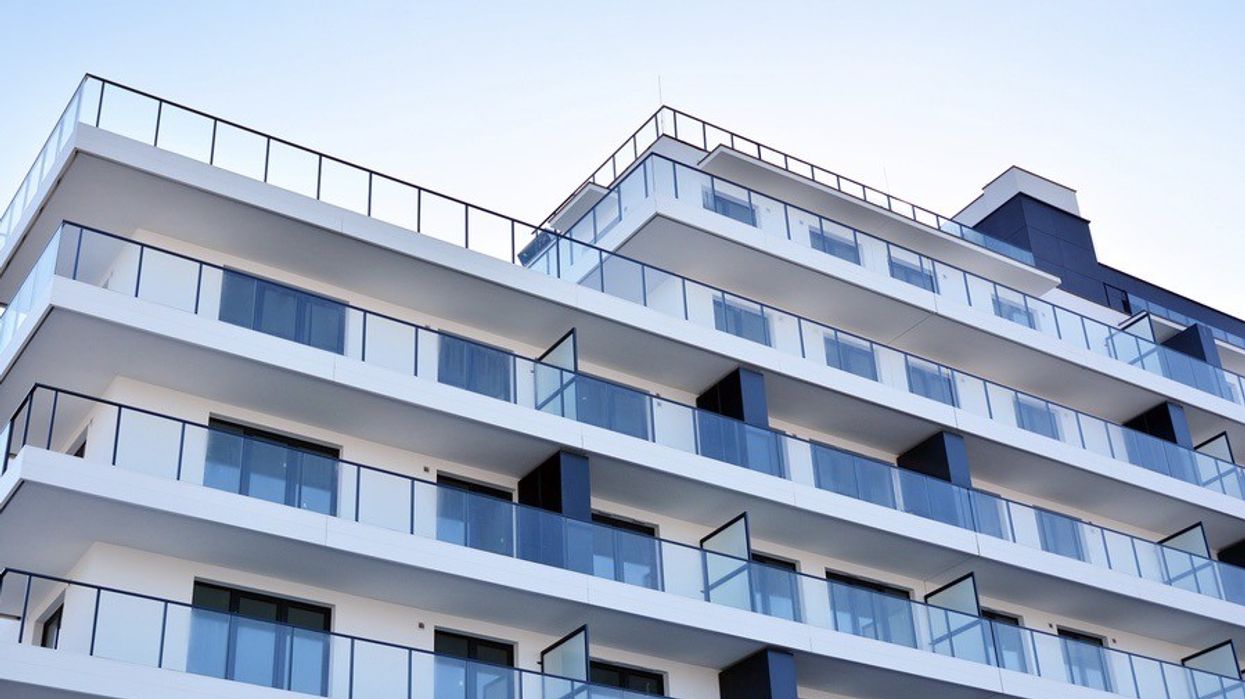A new 1% vacant home tax in Toronto could come into effect as early as the start of 2022, a move that aims to improve affordable housing in the city.
In December, city council voted in favour (24-1) of implementing the tax levy on vacant Toronto homes to increase housing supply -- opening up the housing and rental markets -- and to generate post-pandemic tax revenue for Toronto to fund essential affordable housing projects across the city.
Once passed, residential property owners would be required to make a declaration each year by the deadline and could be subject to a city audit to verify whether the home is vacant or not.
Now, City staff are proposing to complete public consultations to have the tax in place for January 1, 2022, with the first annual property declarations in respect of the 2022 taxation being due in 2023.
READ: Toronto Has Voted to Implement a Vacant Home Tax, But is Now the Right Time?
According to a staff report released this week, the vacant home tax is a policy tool to "address the housing market disparities between the lack of rental housing on one hand and readily available empty homes on the other, by encouraging the conversion of units that are being held vacant into ones that are occupied."
The report says the prime objective of the tax is to reduce the prevalence of residential properties left vacant that might otherwise be used to increase housing availability and affordability. The tax could create more rental homes in a short period, but as a secondary outcome, the tax imposed on those who do not choose to occupy their homes provide some revenue to the City, that net of costs, could fund additional affordable housing initiatives.
The desired effect of the tax is that homeowners either continue to occupy their homes or change their behaviour of leaving homes vacant as the case may be, to avoid incurring the tax.
Staff are proposing the initial tax be 1% of the assessed home value. For example, if a home that was declared vacant was assessed at $1 million in 2022, the owner would be subject to a $10,000 annual tax.
"It can be reasonably assumed that by simply announcing the tax and its effective taxation date of January 1, 2022, some owners of vacant properties may seek out tenants in 2021 to avoid paying the tax," staff wrote in the report.
Staff say the reasons for homes being left vacant in Toronto may have been affected by the COVID-19 pandemic and its impact on the housing market.
According to the City, the number of vacant homes in Toronto is currently unknown and will not be identified until after the full implementation and performance of the tax declaration and audit process planned for early 2023.
However, using metrics from a similar tax in Vancouver as a proxy for Toronto, if 1% of the city's housing stock is vacant and subject to the tax, at a 1% tax rate on average Toronto current value assessment, the vacant home tax could yield $55 to $66 million in (gross) tax revenue per year.
“A vacant homes tax is an important action that our City can take to address the affordable housing crisis. This tool has already been used successfully in other cities," said Toronto City Councillor Joe Cressy.
"In the first year of Vancouver’s vacancy tax, the number of vacant units decreased by more than one fifth. Bringing the vacancy rate down means more homes available to rent by people actually living and working in Toronto, not simply profiting from rising property values,” said Cressy.
The City says start-up costs to implement the tax are estimated to be $11 million, and annual operating costs are expected to total $3.1 million.
The staff plan for implementing the vacant home tax will be debated at Mayor John Tory’s executive committee on July 6.





















